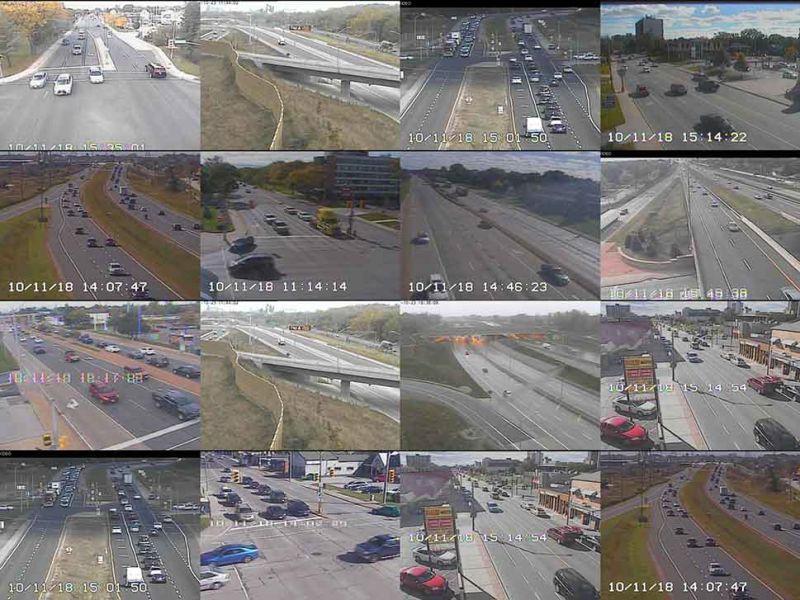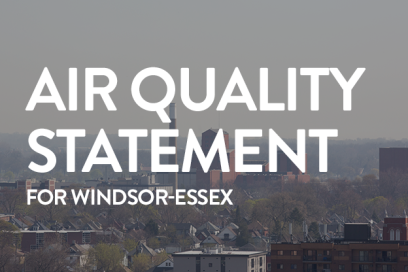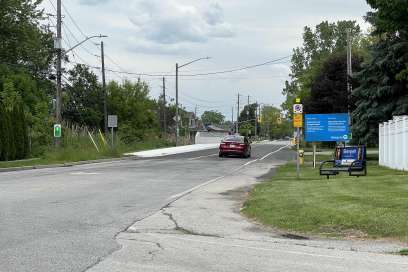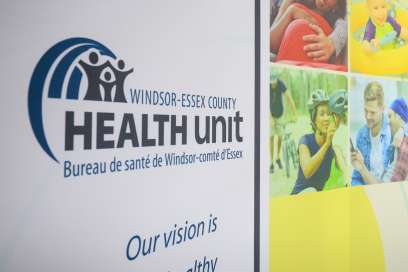Funding Helping Windsor, Great Lakes Cities Plan For Climate Change
Friday January 17th, 2014, 11:59am
Hello time traveller!!
This article is 4153 days old.
The information listed below is likely outdated and has been preserved for archival purposes.

Photo from Windsor’s recent extreme cold day
Extreme weather events from bitter cold to summertime heat alert, severe thunderstorms and ice storms are more prevalent than ever say organizers from the Great Lakes and St. Lawrence Cities Initiative.
A tornado in Goderich in 2011 tragically caused one death and $150 million in damages. Flooding in Duluth and Thunder Bay in June 2012 caused $100 million and $44 million dollars respectively. Intense rain storms and flooding in Grand Rapids in 2013 caused over $1 million in damages to public facilities.
Climate change in the Great Lakes and St. Lawrence region is expected to result in 15 – 30 more days over 35ºC/95ºF, 10 – 20% more rain in the winter and spring seasons, snow days reduced by half and replaced by rain, and a doubling in the frequency of severe storms, according to organizers.
At an event this morning, Mayor Eddie Francis and the mayors of several other cities along the US and Canadian sides of the Great Lakes announced a new program with $145,000 in provincial funding to assist cities in adapting for the worst.
The Municipal Adaptation and Resiliency Service, or MARS, will all cities to plan ahead by adapting municipal infrastructure, operations and services and preparing for these types of extremes can save lives, reduce property damage and avoid costs to the municipality.
“The Call to Action demonstrates local governments’ commitment to adaptation right across the Great Lakes basin,” said Racine Mayor John Dickert, “and the MARS program provides us with the building blocks to get us there.”























